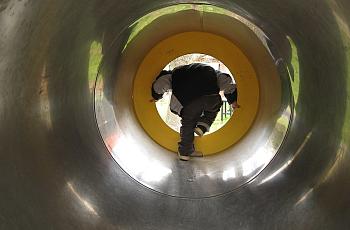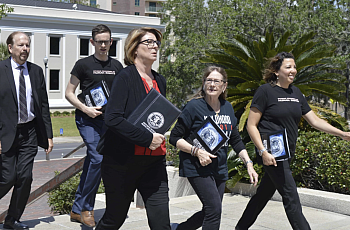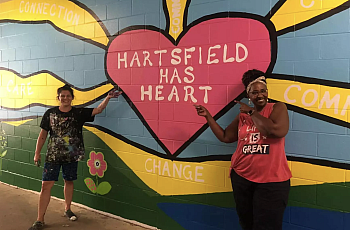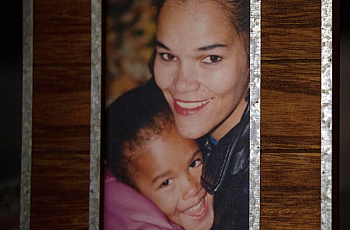
JacqueLynn Hatter
News Director

News Director
Lynn has served as reporter/producer for WFSU since 2007 with education and health care issues as her key coverage areas. She is an award-winning member of the Capital Press Corps and has participated in the NPR Kaiser Health News Reporting Partnership and NPR Education Initiatives. When she’s not working, Lynn spends her time watching sci-fi and action movies, writing her own books, going on long walks through the woods, traveling and exploring antique stores. Follow Lynn Hatter on Twitter: @HatterLynn.

The legislature approved provisions requiring parents be notified before their child is sent for an involuntary psychiatric exam.

The Southern Poverty Law Center is the latest organization to call out the Baker Act’s use on children. The organization's Bacardi Jackson discusses the findings.

"For years, I avoided stories I deemed too personal. Until the day I couldn’t."

When it comes to children, Florida's law regarding involuntary commitments for psychiatric treatment is applied inconsistently.

To keep children from being committed under the Baker Act, some schools are addressing early childhood trauma and changing their approach to student discipline.

Data shows children who are committed under the Baker Act often are referred by school officials. School shootings and other incidents have placed more pressure on officials to intervene.

Each year, about 36,000 children in Florida are involuntarily committed for psychiatric evaluations under the state's Baker Act and disabled kids are becoming increasingly ensnared.

The number of children who are taken for involuntary psychiatric evaluations in Florida increases every year. This is the first story in a five-part series about how the state's Baker Act affects children.